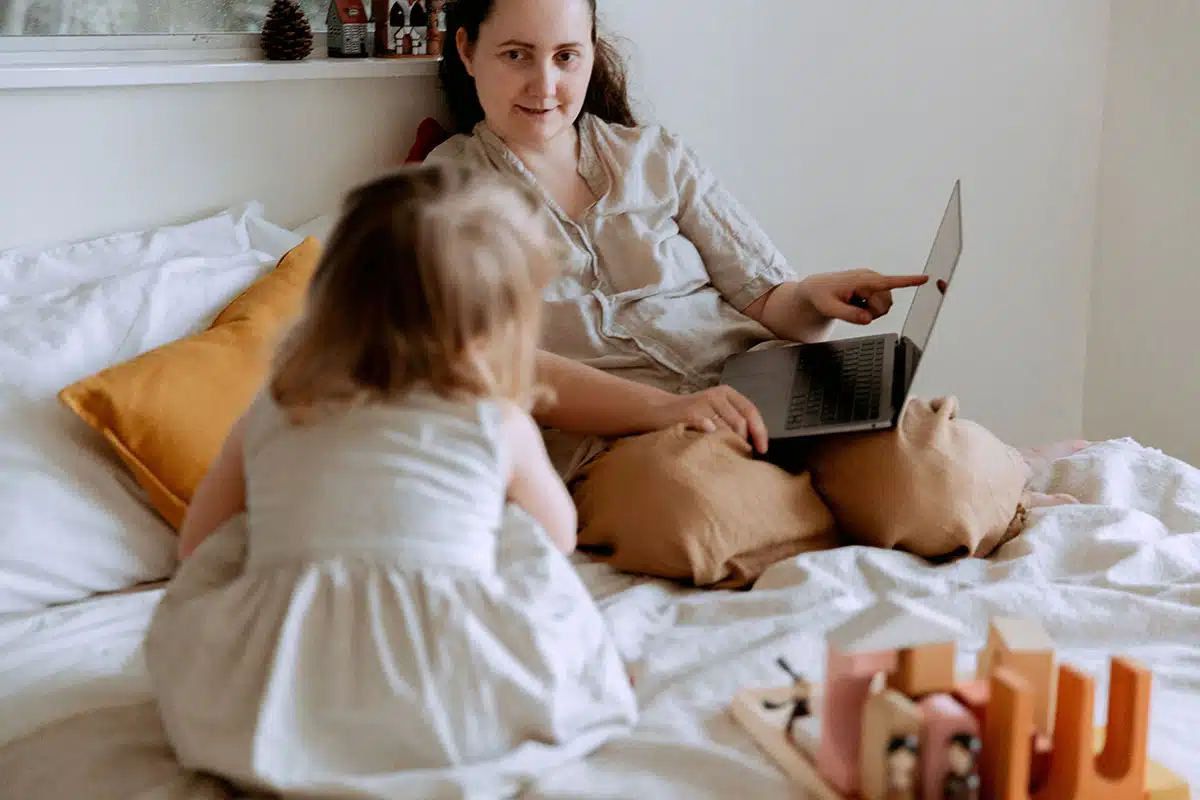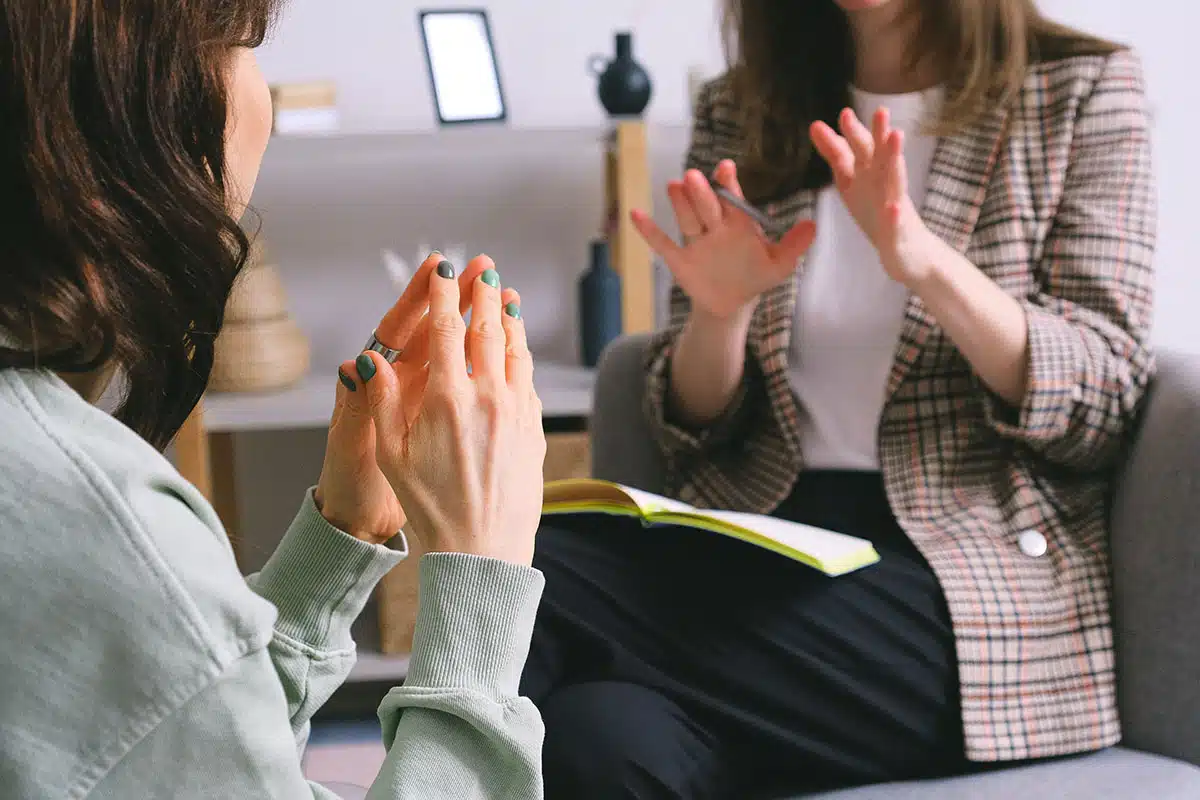What is ADHD coaching?
ADHD coaches work with clients to create structures, support, skills, and strategies. Coaching assists clients with ADHD to stay focused on their goals, face obstacles, address core ADHD-related issues like time management, organization, and self-esteem, gain clarity and function more effectively.
CASE STUDY by ADHD Coach
Andrew Macdonald
I have recently seen a 55 year old lady who had been diagnosed with ADHD just two weeks prior. She was especially concerned about her son. Her eldest son (12 yo) was showing symptoms of ADHD, and so she suspected that he might also have the condition. She wanted some clear guidance on how to proceed with him as she was concerned about their future well being if he had ADHD.
Generally, coaching conversations are client directed which means that coaches try not to advise the clients (unless asked for specific advice), but instead assist clients in gaining a greater self awareness and clearer perspective on the issue.
In this case, the client was concerned that although ADHD had not held her back, it might hold her son back and she wanted some clarity on how to proceed in taking care of him.
With the patient’s permission, I helped her understand how ADHD demonstrates typically in a person’s life. I gave her the example (from my own lived experience) that a person might be impulsive and overtalk, or potentially say something inappropriate in a social or work situation and then later ruminate on it. In some instances they may even feel negative/bad about themselves for it. They might for example call themselves an idiot or say other negative things .
In the long term if this pattern persists (very common in ADHD), it leads to an erosion of the person’s self confidence and can also cause sleep problems. It has the potential to hold them back significantly in their life.
Looking closely at the situation it can be helpful if a person is taught to notice when these missteps occur, and also the proceeding thoughts, feelings and behaviours. For example, if a person after coaching makes a misstep and notices themself thinking about it later they can instead say to themselves:
‘I know what i said or did was not the best and it was impulsive/distracted etc. However, it does NOT make me a bad person. It is very possible my ADHD contributed to it. I have a diagnosis and I am taking steps to manage it. Even though I may still make mistakes, in time it is likely to improve with coaching”.
Next, instead of succumbing to negative feelings or lethargy or if noticing the onset of any such feeling, it would be helpful to involve oneself in some calming activities to reenergise eg. nature time, a shower/bath, a relaxing swim.
Thirdly, a person might also find it helpful to review the interaction that occurred to see if anyone was offended, and rather than just sweeping it to the side, see if it is possible to connect with that person and explain the situation without necessarily blaming oneself or the other person. Avoiding the person or the situation (all very common with ADHD) can prevent a relationship problem occurring,
Lastly, the real challenge in all of this is the actual symptoms of ADHD which typically involves the loss of attention/focus resulting in a drop in behaviour. Some environments eg. large crowds, shopping centres, loud music etc can trigger these ADHD symptoms.
In any of these situations its important to see that with time one can learn to notice the drop of attention or the effect of the environment and can take a time out from the situation. This can be to do a 5-10 minute stretching exercise, have a protein snack, or take a toilet break to wet one’s face and reset the brain to refocus.
The point of this is to begin to notice how one’s unique brain functions and learn to give it what it needs in order to spark it back into life or the accommodations to work with it, rather than always demanding it to perform according to neurotypical requirements.
My sessions always end with the client stating the key take aways from the session. In this specific instance the patient was very appreciative and stated the following as her key takeaways:
Strategies to go forward:
(1) Get 12 yo son diagnosed so he is able to get support
(2) Understanding how an ADHD misstep like speaking impulsively can have a knock on effect on our thinking, emotions and social relationships and what to do about it. Understanding too, the underlying cause – biological/physiological element and how to minimise it
(3) Reminder to keep up Exercise, diet and sleep
(4) Feel more confident about self and moving forward












